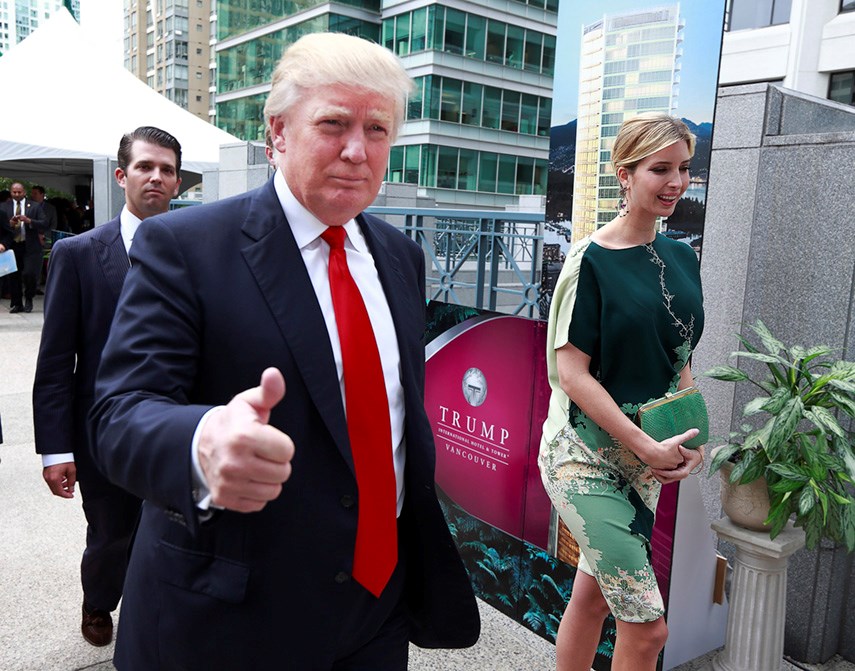The election of Donald Trump as U.S. president and the extended Republican grip on all levers of American political power will affect the real estate markets on both sides of the U.S.-Canada border, analysts say.
Here is what is expected:
Lower Canadian lending rates:
A surge in the U.S. dollar – which rose within hours of the election – could stall a planned increase in U.S. Fed lending rates and lead to lower mortgage rates in Canada. Some see the potential of negative interest rates in Canada if trade agreements with the U.S. are threatened and the Canadian dollar weakens further against the U.S. currency.
Resource boost:
President-elect Trump has threatened to tear up the Paris Climate Agreement, denying that global warming is a man-made threat to the planet. Trump has also pledged to gut the U.S. Environmental Protection Agency. He favours construction of the Keystone XL pipeline, a key project of TransCanada Corp. that would open Alberta oil exports to the U.S. market. The price of WTI crude oil spiked to US$45.21 a barrel following the Trump victory, up from US$44.00 a day earlier. Big winners could be resource communities and companies in Alberta, B.C. and Saskatchewan.
Higher Canadian immigration:
A perception of tougher U.S. immigration regulations under a Trump regime could lead to a surge in Canadian immigration, already on track to welcome an average of 300,000 people annually. The Canadian Citizenship and Immigration web page crashed from excess traffic as the election results unfolded. Higher immigration will increase demand for housing and retail real estate.
Cooling of China’s economy:
Trump has promised trade restrictions against China, which could accelerate a current economic downturn in the world’s second-largest economy. Trump vowed to slap a 45 per cent tariff on Chinese imports on his first day in office if China doesn’t change its “unfair” trade practices. Many Chinese investors may be seeking a safer haven, and Canada, particularly Vancouver, will likely top the list.



